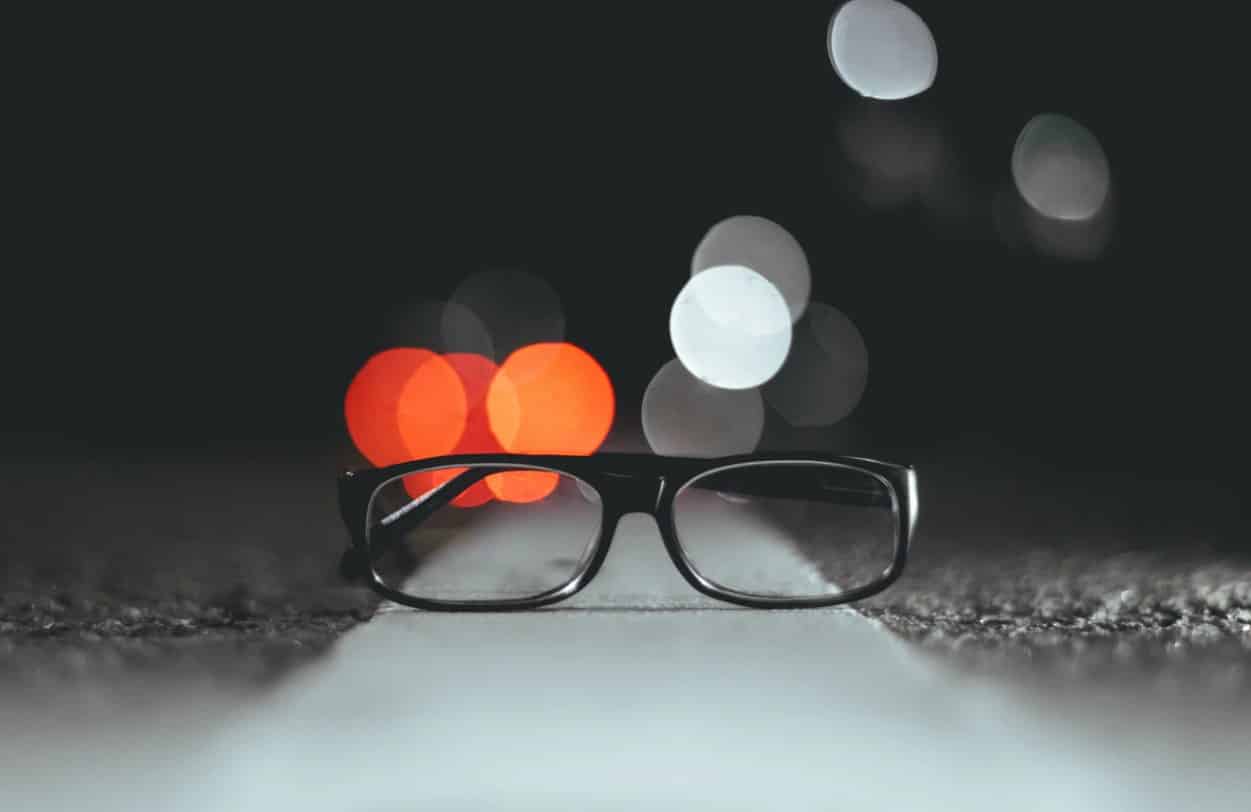Causes, Solution, and Safety Precaution of Night Vision Problems
If you feel that you have a problem seeing clearly at night, transitioning from intense into the dim light, or bright lights harm your eyes, you possibly will have night blindness. Your eyesight relies on light coming through your eye, striking the retina at the back of the eye, being conveyed through the optical nerve, and develops by the brain. During the nighttime, your pupils will get bigger to let more light in. The rod cells on your retina will gather more light, as they are added photosensitive than the cone cells. Your optic nerve will take this generally black-and-white image to your brain, where it is interpreted into your environs. For lots of people around the globe, night vision can be a trouble. There are lots of core causes of night blindness, but the ordinary symptom is the lack of ability to see fine or obviously at night. Different reasons for this situation will entail diverse approaches to healing. Getting regular eye exams with your Eye Doctor to identify a few issues earlier than night blindness occurs can assist to decrease your risk.

Q: What causes night blindness?
Some eye conditions can be the source of night blindness, counting:
- Cataracts or clouding of the eye’s lens.
- Nearsightedness or blurred vision while looking at distant objects.
- Retinitis pigmentosa, which takes place while dark pigment gathers in your retina and creates a channel.
- Usher syndrome, an inherited condition that affects together hearing and vision.
Older adults have a superior risk of emergent cataracts. They’re more expected to have night blindness because of cataracts than children or young adults. In unusual cases in the United States or in other parts of the world where diets may contrast, lack of vitamin A can moreover lead to night blindness. Vitamin A, also called retinol, plays an important role in transforming nerve impulses into images in the retina. The retina is a light-sensitive area at the rear side of your eye says Glen Ellyn eye expert.
Q: How is it Diagnosed?
If you observe such symptoms and believe you may have unfortunate night vision, consult your eye doctor immediately. Your standard eye examination won’t disclose poor night vision, so you possibly will require requesting to be tested.
Testing for night blindness is an uncomplicated procedure in which your doctor will utilize eye drops to cause dilation and then examine your eyes with a Slit Lamp (a microscope with a bright radiance on it). Later than this, there is a sequence of tests that identifies key identifiers of night blindness.
Tricks to improve night vision:
- Avoid looking directly at any light sources:
When you look directly at a lightweight source, your pupils are forced to contract. This increases the number of your time it takes for your vision to acclimatize to the low light. If you can’t avoid viewing a light-weight source, cover or close one eye until it passes.

Looking directly at light sources may be a common concern while driving at nighttime. If you’re facing high-beams, protecting one eye will save you from getting flash blindness in both eyes. Another trick while driving at nighttime is to require your eyes off the oncoming high beams and appearance at the reference point on your side of the road to take care of a secure course.
- Allow sufficient Adjustment Time:
Give yourself sufficient time for your eyes to regulate to the dark. Keep your eyes closed first after you are entering a dark environment from a well-lit one. It takes about 25 minutes for our eyes to be able to fully adapt to the dark. Avoid any source of bright light as it will hinder your process of adaptation.
- A gentle eye massage helps improve the visual sense:
Just close your eyes tightly and apply slight pressure on both your eyes along with your palms (use the fleshy part of your palm below your thumb) After about five or 10 seconds, rather than seeing black, your vision will turn white momentarily. When the white goes away and also the black comes back, open your eyes, and your vision is going to be significantly better within the dark. While the above tricks can help improve vision, they’re going to work even better if you supplement your diet with vision-boosting nutrients by the guidance of your optometrist.
- Red-tinted glasses help in improving night vision:
This is a standard trick that aviators use after they don’t have time to take a seat in perfect darkness and adjust before night flying. Wearing red-tinted glasses before you venture out into low light will help train your eye to focus better. If you’re observing a map with a flashlight, cover the flashlight with a red glazed paper. And if you’re buying a replacement car, search for a dashboard with red illuminated buttons, instead of blue, green, or white.
- Keep your eyes moving:
Try to not stare at one object for a long time because it will cause your eyes to adapt to light that’s available for your focus. Dance your eyes around, scan the realm, and you’d be able to see better in dark. Keep blinking, too, to avoid your rods (cells in your eyes answerable for night vision) from desensitizing.
- Stop Smoking:
There are studies shared by best optometrist in Glen Ellyn Vision Clinic that shown that smokers are 2 times more at risk of night accidents than non-smokers. Nicotine and therefore the hypoxic effect from CO reduces your night-sight. Just avoiding both first and second user smoking can help improve twilight vision.

- Let your eyes go with the darkness naturally:
The best thanks to seeing within the dark are to let your eyes slowly acclimatize to low light. You’ll do that by sitting in perfect darkness for 20 minutes to a half-hour before going out into the night. Otherwise, you can wear a sleep mask or simply cover your eyes. This easy trick helps your eyes easily comply with the night. Special Forces use the technique of compressing their eyes shut tightly for 10 seconds once they’re within the dark.
To find out what’s the reason for your night blindness, you must begin with an all-inclusive eye exam by your Glen Ellyn Eye Doctor. Throughout the exam, your doctor will test out various health conditions and look for the source of your night blindness. In a few cases, night blindness can be controlled with particular lenses in eyeglasses like those cured with an anti-reflective coating, or lenses that have been designed and tinted to decrease glare and nighttime blindness. Have a discussion with your eye doctor to find out which solution is most excellent for you.
